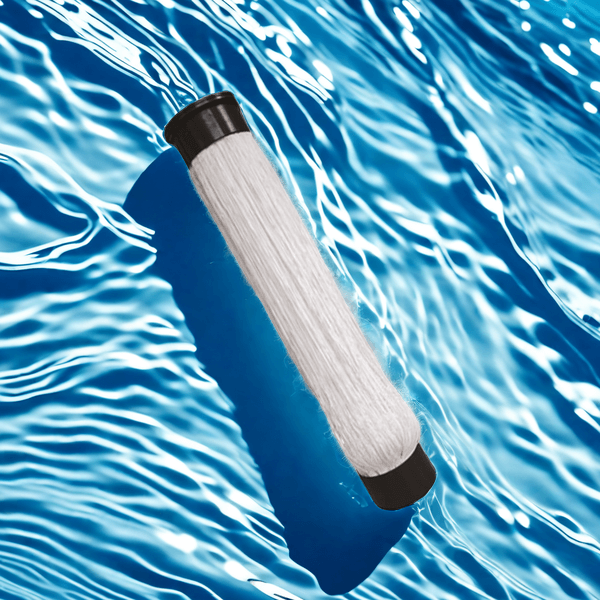How does MBR membrane module replace activated sludge method for wastewater treatment?
With the continuous progress of environmental protection technology, sewage treatment methods are also constantly innovating. In recent years, MBR (Membrane Bioreactor) membrane modules, as a new type of wastewater treatment technology, are gradually replacing traditional activated sludge processes. So, how did MBR membrane components achieve this substitution process?
1、 Comparison between MBR membrane modules and activated sludge process
Activated sludge process is a traditional sewage treatment method that removes organic matter from wastewater through the metabolic action of microorganisms. However, this method has problems such as large footprint, unstable treatment efficiency, and large sludge production. In contrast, MBR membrane modules combine biological treatment and membrane separation technologies, which have advantages such as small footprint, stable treatment efficiency, and low sludge production.
2、 Working principle of MBR membrane components
The MBR membrane module achieves efficient wastewater treatment by setting up microfiltration or ultrafiltration membranes in the bioreactor. These membranes have excellent filtration performance and can effectively intercept harmful substances such as suspended solids, bacteria, and viruses in wastewater, while allowing water molecules to pass through. In this way, the water quality of wastewater treated with MBR membrane modules can be significantly improved.

3、 Advantages of MBR membrane modules replacing activated sludge process
High efficiency: The MBR membrane module combines biological treatment and membrane separation technology, which can efficiently remove pollutants such as organic matter, nitrogen, and phosphorus from wastewater, achieving higher standards of effluent quality.
Small footprint: Compared to the activated sludge method, the MBR membrane module requires significantly less footprint, which is beneficial for saving land resources.
Low sludge production: MBR membrane modules effectively reduce sludge production and lower sludge treatment costs through membrane separation technology.
https://www.ceraflocn.com/category/bp Stable operation: MBR membrane components are less affected by water quality fluctuations, and the treatment effect is stable and reliable.
